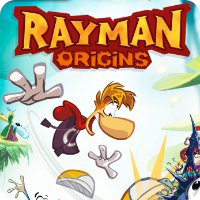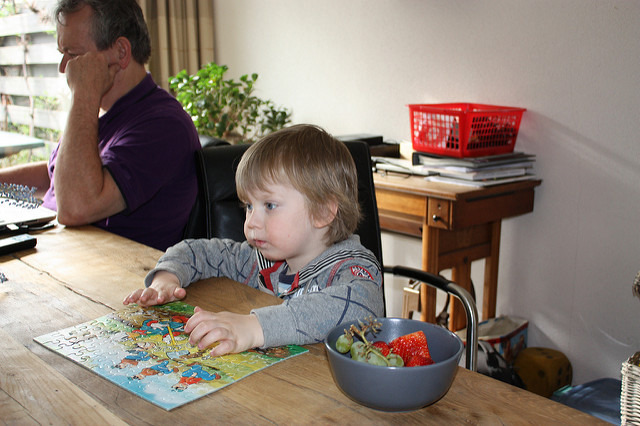In part one of this two-part series, LW4K founder and president Dr. Randy Kulman discusses some of the research that has found video games to be an effective part of therapy for children with slow processing speed.
Can playing a video game make your brain work faster and improve processing speed? When we talk about processing speed we are referring to the pace at which individuals perceive information, analyze it, organize it, and then act on it. Processing speed involves reaction time, but it is more than a simple receive-and-react response; it involves handling and transforming information. Many video games require fast reaction time in order for a player to take down an enemy in a first-person shooter game or avoid obstacles in a racing game. Beyond impacting reaction time, can video games improve processing speed?
There appears to be a fair amount of evidence that video games can improve the rate of task completion. Studies have connected action-based video games to improvements to improvements in a variety of processing-speed tasks. Fast-paced video games such as Rayman Raving Rabbids can improve reading fluency. A recent study of casual games conducted at the University of Illinois by Pauline Baniqued and colleagues demonstrated that attention capacities and processing speed were improved by modest amounts of casual gameplay.
While the evidence is still in its infancy, our team at LearningWorks for Kids sees promise in using video games as a tool for improving processing speed. Based upon previous research in this area, we hypothesize that 20-30 hours of game play (as little as 30 minutes per day and no more than an hour) should be sufficient to make modest gains in processing speed. Below is a list of games we believe to be most beneficial for practicing the thinking skills that can impact processing speed:
 Mazement – An adventure/puzzle game that challenges players to use their smartphones or tablets to guide a ball through a labyrinth course by turning their devices users control the speed, momentum and direction of a ball. The game exercises physical and mental self-control, short-term planning, and focus skills.
Mazement – An adventure/puzzle game that challenges players to use their smartphones or tablets to guide a ball through a labyrinth course by turning their devices users control the speed, momentum and direction of a ball. The game exercises physical and mental self-control, short-term planning, and focus skills.
 Rayman Origins – This side-scrolling adventure tasks players with leaping across platforms, fighting off enemies and collecting valuable creatures called Electoons, which serve as points earned at the end of each level. Success in Rayman Origins requires quick reaction time, focus, and flexibility, and helps kids practice working memory.
Rayman Origins – This side-scrolling adventure tasks players with leaping across platforms, fighting off enemies and collecting valuable creatures called Electoons, which serve as points earned at the end of each level. Success in Rayman Origins requires quick reaction time, focus, and flexibility, and helps kids practice working memory.
 Continuity – Continuity is puzzle platformer that exercises players flexibility and planning skills. Players slide puzzle pieces together to form a continuous path for their player character to move through. Players must quickly make plans and quickly adapt when things don’t go as expected.
Continuity – Continuity is puzzle platformer that exercises players flexibility and planning skills. Players slide puzzle pieces together to form a continuous path for their player character to move through. Players must quickly make plans and quickly adapt when things don’t go as expected.
![]()
Batman: Arkham City – You might be surprised to learn that a video game based on a popular comic book franchise like Batman has educational elements. But any game that forces players react quickly and think outside the box to solve problems helps build the kinds of thinking skills that can bolster processing speed.
If you suspect your child suffers from slow processing speed, or you’re in the early stages of navigating a slow processing speed diagnosis, you’ll find “How Do We Measure Processing Speed?” incredibly helpful. You can read more about this brain-based disorder in our article, “What Is Slow Processing Speed?” You may also want to read our strategies for parenting a child with slow processing speed. You can find more Playbooks and App+ reviews, and see how they help build thinking skills, in our library.
Featured image: Flickr user gmourits




